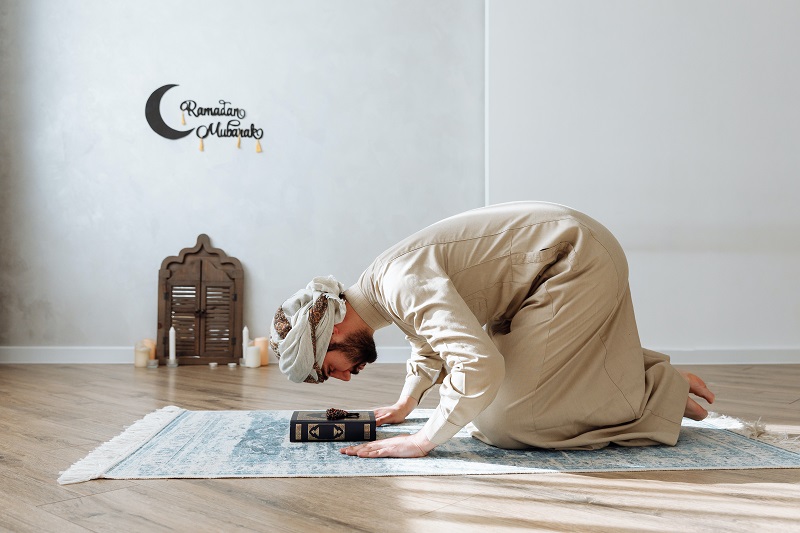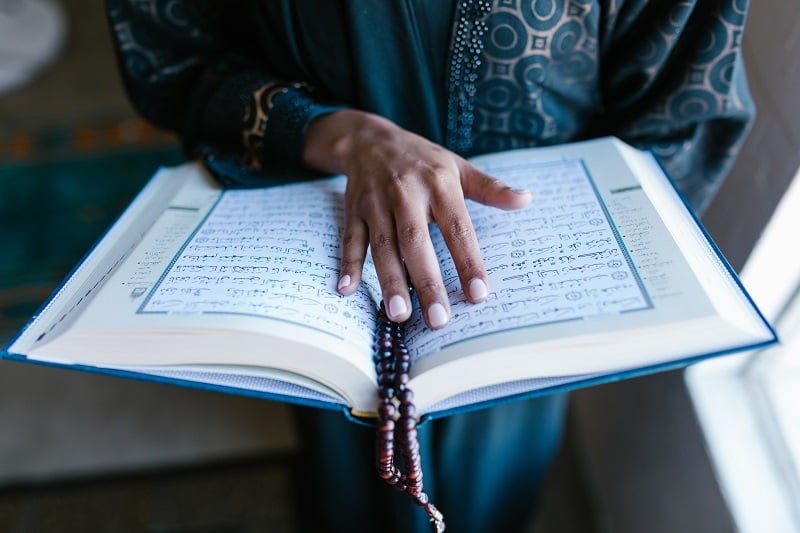Ramadan is a Muslim fast, one of the strictest in world religions. During daylight hours, not a crumb of food nor a drop (even of water!) will pass through the lips of a devout Muslim. From dawn to sunset, followers of Islam refrain from any kind of intimacy and entertainment, and smokers from even the slightest puff. They spend a whole month this way annually: in 2025, from February 28 to March 29.
Of course, during Ramadan, the tourism business has to adjust its operations, at the very least, allocating time for prayers for its workers. The strict fast also leads to a shortened working day for believers. It’s understandable, try delivering orders in a restaurant without water and food for 9 hours.
Restrictions for Muslims are clear, but what about tourists?
The main thing is not to worry. In Islamic countries during Ramadan, all tourist sites operate as usual. Hotels – 100%. Employees observe the fast in such a way that guests do not even notice it. Food and drinks are served without restrictions at any time of the day and night.
As for restaurants, cafes, museums, and amusement parks outside hotels, their working hours usually change. Employees are given time for prayers and meals after sunset. During the day, it becomes harder to find a place where you can drink alcohol, and in some places, even eat. However, as soon as the sun sets and mosques announce the end of the daily fast, restaurants, bars, and cafes fill up with locals. Traffic jams often occur on the streets of major cities.

Speaking of transportation, trains run as usual. The same goes for buses. Taxis run just like any other month of the year. The only exception is that your taxi driver might stop during the ride to listen to the singing from a mosque. You should be polite enough to wait for these few minutes. He will definitely return and take you to your destination.
There are some “BUTs” in this picture called “Ramadan”
It is known that in the UAE, there is a penalty for breaking the fast by everyone, including tourists. Outside hotels, visitors must observe the same restrictions as local believers. Unusual rules include not chewing gum. Also, clothing should be covered and not tight. Rule-breakers are usually only warned by the police. Cases of tourists being detained are not remembered anymore.
A significant argument in favor of traveling during Ramadan in the UAE is the almost universal price drop. Hotels are lightly loaded, as are restaurants. The cost of rooms often decreases by half, as do the prices in establishments. Local boutiques also offer discounts.
The most lenient country during this period is considered to be Turkey. The rhythm of life on the resort coast does not change at all. The only thing is that, as a tourist, you will not be able to visit the major mosques in the country.

In Egypt, the situation is similar. Rules and restrictions are followed only during excursions and visits to attractions, and, of course, when leaving the hotel. By the way, even outside Ramadan, you cannot walk through local streets with bare shoulders and knees.
Tunisia completes the top three Islamic countries where the conditions for tourists during the fast are considered lenient. Nothing new to say, everything is the same: in hotels and on resort coasts – no changes, beyond the “fence” – please respect the traditions of the hospitable country.

